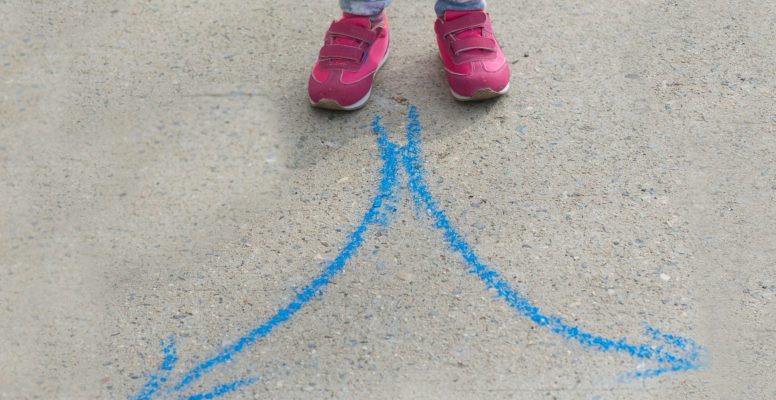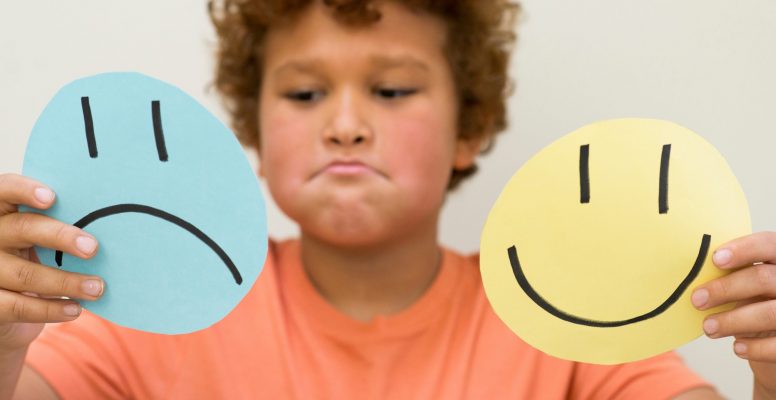Written By: Teagan Novick, Clinical Trainee at ACS, On-Campus Counseling Program WHEN YOUR CHILDexpresses big feelings, there are several ways in which a parent can respond. A helpful tool when learning to recognize and respond to a child’s distress can be mindful parenting. Practicing mindful parenting consists of five key elements: awareness, attention, nonjudgmental acceptance, […]
Written By: Julia Albro, Clinical Trainee at ACS, On-Campus Counseling Program ACADEMIC PRESSUREacademic stress are two constructs that heavily apply to the child and adolescent population. They are ones that are not often discussed, with implications that can be physically, emotionally, and mentally harmful for those experiencing them. With the increase in youth’s feelings of […]
Written By: Chandler Cole, Clinical Trainee at ACS, On-Campus Counseling Program It’s a big question,and a lot of young people have the same worries about what they should do as a future career path, what they should study in college, or if they even want to go to college. “What if I don’t like what […]
Written By: Sarah Hulscher, Clinical Trainee at ACS, On-Campus Counseling Program NEARLY EVERYcoming-of-age movie involves a scene with a teen protagonist listening to some of their favorite music way too loud. Often, these favorite songs aren’t appreciated by the parents of the aforementioned main character. The classic phrase of “turn that racket off” has been […]
Written By: Daniel Stepanian, Clinical Trainee at ACS, On-Campus Counseling Program EMOTIONAL INTELLIGENCEis a vital interpersonal skill for both children and adults. It is the ability to name, understand, and manage our own emotions, as well as identify the emotions of those around us. High emotional intelligence helps kids navigate their ever-changing social environment and […]
Written By: Faith S. MacDonald, Clinical Trainee at ACS, On-Campus Counseling Program WHEN PEOPLE THINK OF THERAPY, they may think it consists of sitting in a room talking about their feelings, or perhaps not talking at all. But typically when they think of therapy, they don’t usually think of children. Maybe because there’s […]
Written By: Andrew Cecil, Clinical Trainee at ACS, Adolescent Substance Addiction Treatment Program IT IS COMMONfor parents to feel concerned about their child’s well-being when they notice things like poor academic performance, substance use, and unhealthy relationships. However, few parents are as familiar with the behavioral signs of a crisis. A crisis refers to a […]
Written By: Brett Trace, Clinical Trainee at ACS, Outlet Program If You’rea parent of a teen or someone who works with teens, odds are you’ve encountered teenage irritability. What may have felt like an easygoing, straightforward comment might cause your teen to become angry or withdraw from the conversation. Friends that they’ve had for a […]
Written By: Michael Burks, Clinical Trainee at ACS, On-Campus Counseling Program TECHNOLOGYand social media play complex roles in the lives of teenagers. Teens are at a developmental stage where social relationships have foremost importance in their lives. Social relationships and group memberships contribute to identity formation and self-esteem. Social media has tremendous value to teens. […]
Written By: Madeline Lee, Clinical Trainee at ACS, On-Campus Counseling Program EXERCISEhas many benefits beyond the improvement and maintenance of one’s physical health. Exercise can also act as a mental health tool or healthy coping method in that it can help improve mood, self-esteem, and work performance (Kunce & Wilfley, 1986) among other benefits. There […]










